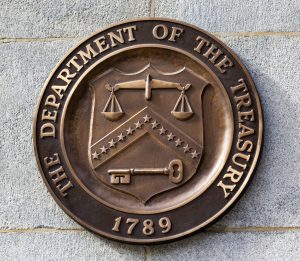Search
Published on:
U.S. Commerce Department Implements Multilateral Controls on Six Emerging Technologies
On October 5, 2020, the Department of Commerce’s Bureau of Industry and Security (BIS) issued a final rule that imposes new multilateral controls on six “emerging technologies,” agreed during the December 2019 plenary meeting of the Wassenaar Arrangement on Export Controls for Conventional Arms and Dual-Use Goods and Technologies (Wassenaar Arrangement). These recently developed or developing technologies “essential for the national security of the United States” include forensic hacking tools, surveillance software, sub-orbital craft, and manufacturing tools and technology used to make integrated circuits and semiconductors.




